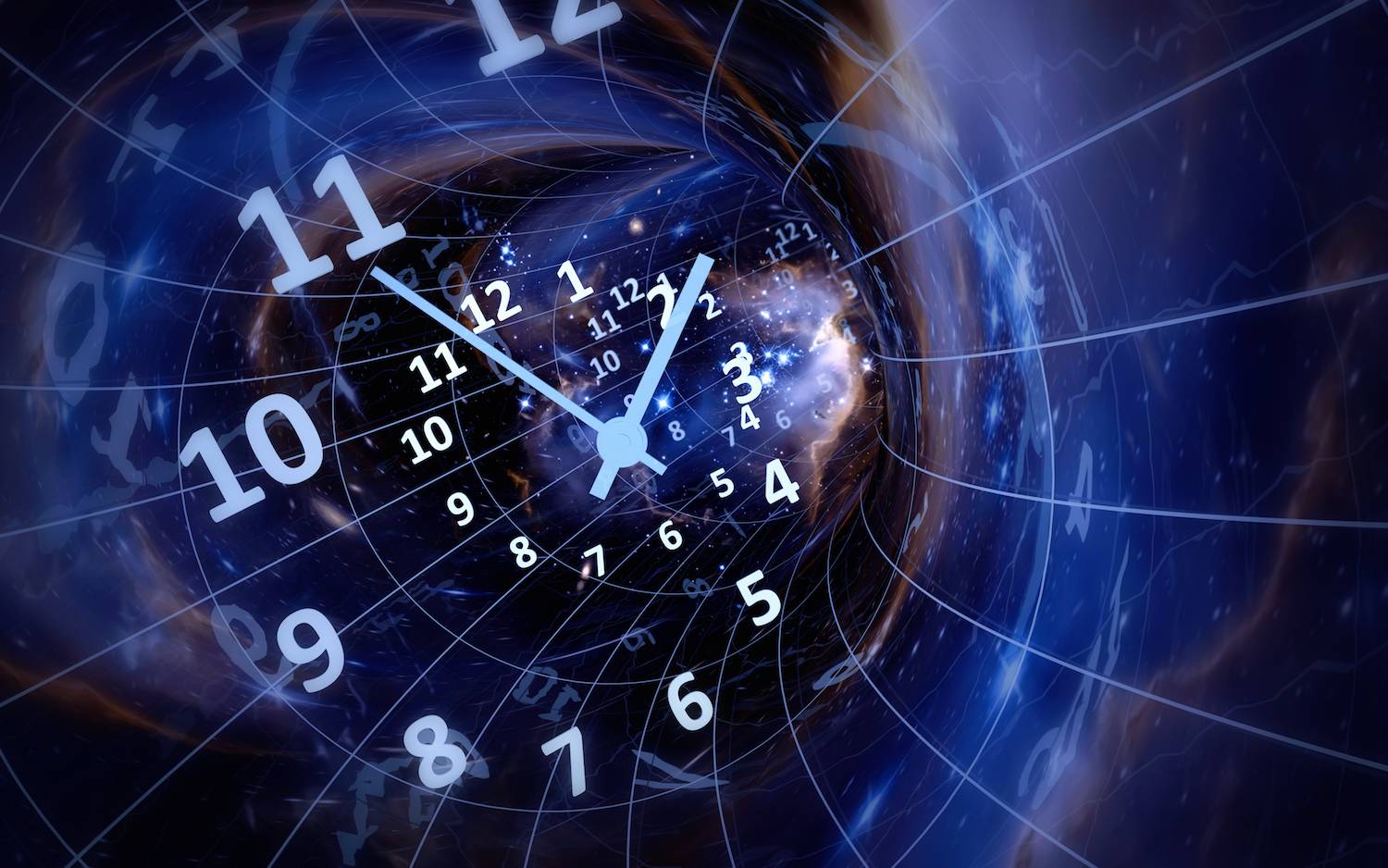phd student Allahabad university | Posted on | Education
Is time travel possible?
CONTENT WRITER | Posted on
Time is a fundamental mathematical concept as old as the Big Bang. It's one of its most basic concepts, and yet it's also one that physicists, mathematicians and philosophers have been contemplating for well over two millennia. But time is slippery, consisting of both past and present. As you travel through time it will be different from where you started and from where you end up—unless someone makes a copy of themselves in an experimental apparatus or if they use a wormhole to travel back in time to create another "you" with identical memories.
0
0 Comment
Net Qualified (A.U.) | Posted on
The truth, in any case, is more jumbled. Not all researchers accept that time travel is conceivable. Some even say that an endeavor would be deadly to any human who decides to embrace it.
What is time? While a great many people consider time a consistent, physicist Albert Einstein indicated that time is a dream; it is relative — it can change for various onlookers relying upon your speed through space. To Einstein, time is the "fourth measurement." Space is depicted as a three-dimensional field, which furnishes an explorer with organizes —, for example, length, width and tallness — indicating area. Time gives another organize — course — albeit traditionally, it just pushes ahead. (On the other hand, another hypothesis states that time is "genuine.")
Dynamic tickers sparkle across a dim foundation, addressing time travel hypotheses.
Most physicists think time is an abstract hallucination, however consider the possibility that time is genuine.
Einstein's hypothesis of exceptional relativity says that time eases back down or paces up contingent upon how quick you move comparative with something different. Moving toward the speed of light, an individual inside a spaceship would age much more slow than his twin at home. Additionally, under Einstein's hypothesis of general relativity, gravity can twist time.
Picture a four-dimensional texture called space-time. When anything that has mass sits on that piece of texture, it causes a dimple or a twisting of room time. The bowing of room time makes objects proceed onward a bended way and that arch of room is the thing that we know as gravity.
Both the general and unique relativity hypotheses have been demonstrated with GPS satellite innovation that has extremely exact watches ready. The impacts of gravity, just as the satellites' sped up over the Earth comparative with spectators on the ground, make the unadjusted clocks acquire 38 microseconds every day. (Specialists make alignments to represent the distinction.)
It might be said, this impact, called time widening, implies space explorers are people who goes back and forth through time, as they get back to Earth extremely, marginally more youthful than their indistinguishable twins that stay on the planet.

0
0 Comment
